Geotechnical Studies
Precise Information for Safe and Efficient Projects
EPGC has extensive experience in geotechnical and soil mechanics, using advanced techniques to investigate and characterize the subsurface. Our approach enables accurate analysis of infrastructure projects on a national scale. Understanding the physical and mechanical properties of soils is fundamental to geotechnical project analysis, ensuring quality and safety.
- Exploratory Drilling
- Permeability Test
- Inclinometer Readings
- Anchor Extraction
- Altered and Unaltered Sampling in Drillings
- Open Pit or Test Pit (PCA)
- Plate Load Test
- Menard Pressuremeter Test for Soil and Rock
- Slope and Natural Hillside Stability
- Tests to Determine Resistance Parameters
- Laboratory Tests on Altered Samples for SUCS Classification
- Rock Testing
- Oedometer Tests
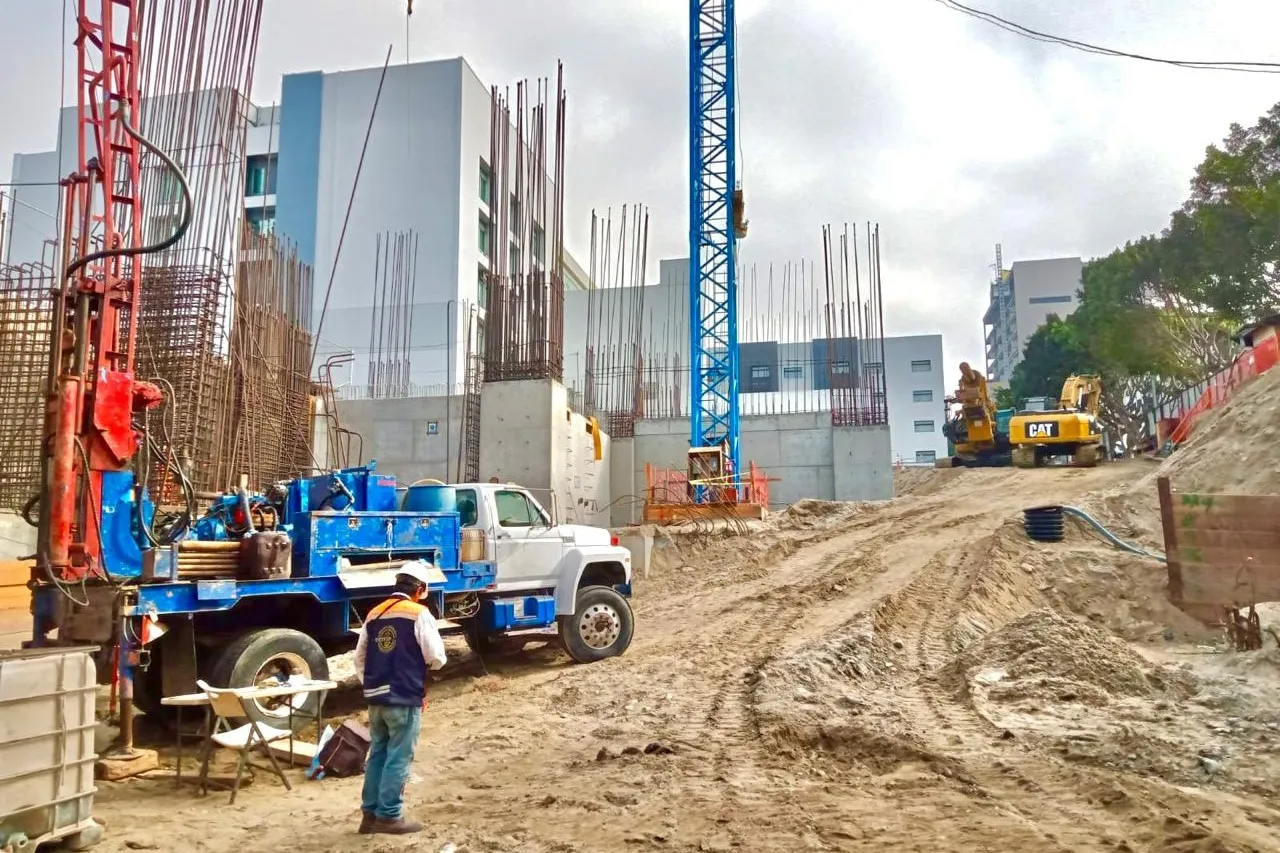
Exploratory Drilling
We use advanced and mobile drilling equipment such as the Acker AD II, Mobile Drill 61 and others that can be adapted to any area of the Republic. Our specialized drillers ensure quality drilling in a timely and efficient manner.
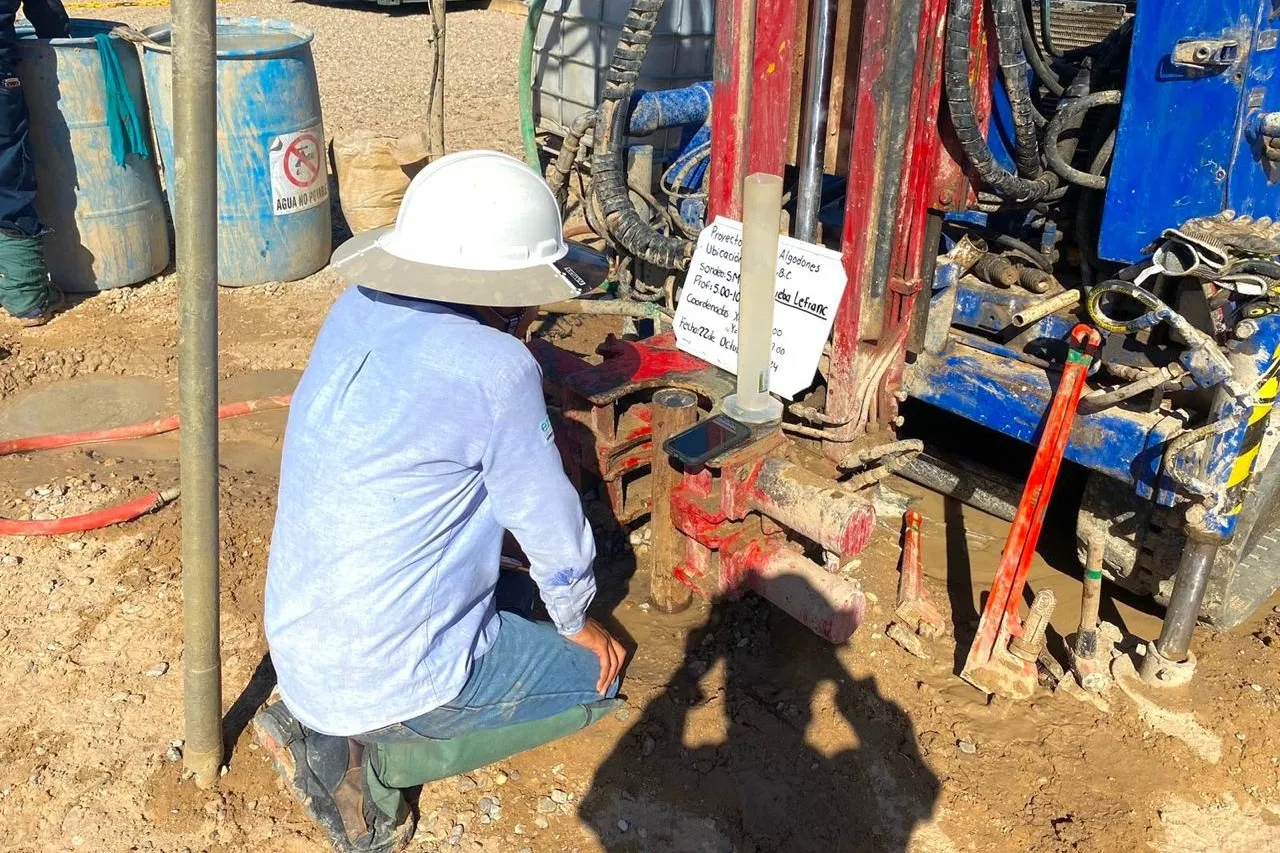
Permeability Test
We carry out Lefranc and Lugeon tests that allow us to determine the permeability of the soil on site, applying specific standards such as CFE 10000-73 and CFE 10000-48, which are essential for determining the water absorption of soils and rocks.
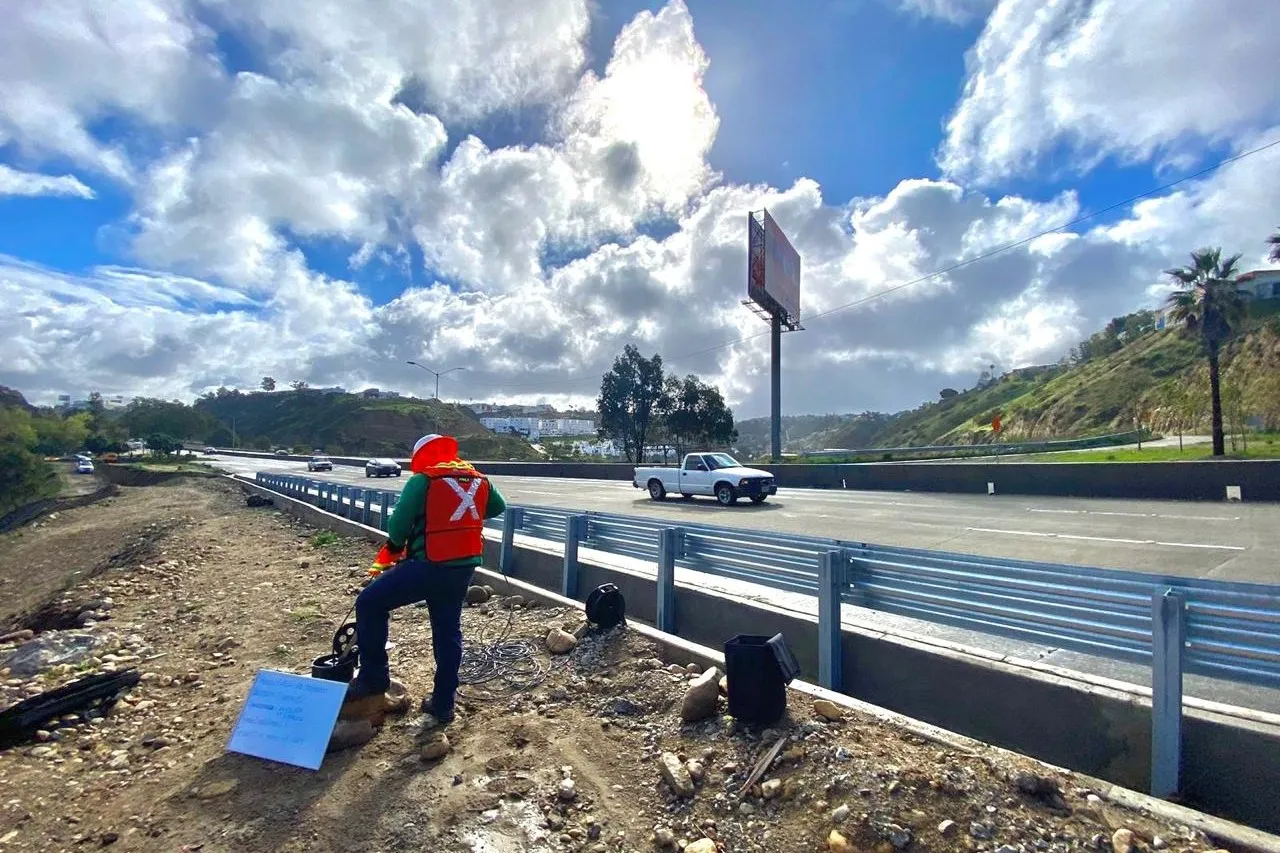
Inclinometer Readings
We measure horizontal displacements in slopes and unstable terrain using inclinometers according to ASTM D6230 specifications. This technique is critical for monitoring and preventing landslides.
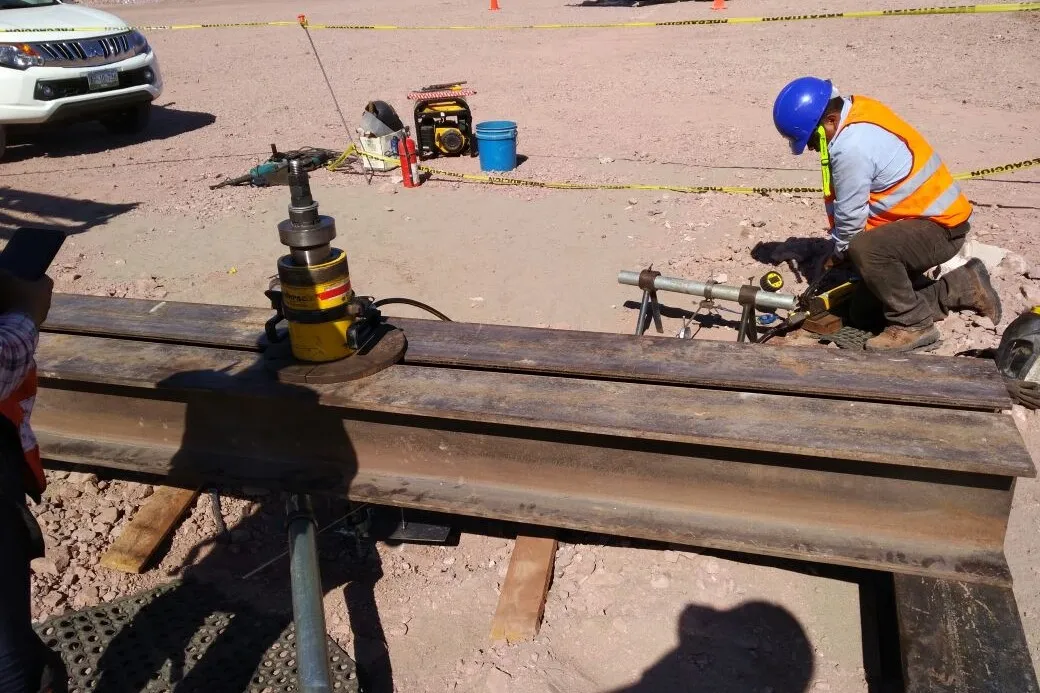
Anchor Extraction
The Friction Anchor Extraction Test (CFE C0000-42) allows us to determine the tensile strength of deep foundations. We drill and test to specifications to ensure optimal performance of your cementation.
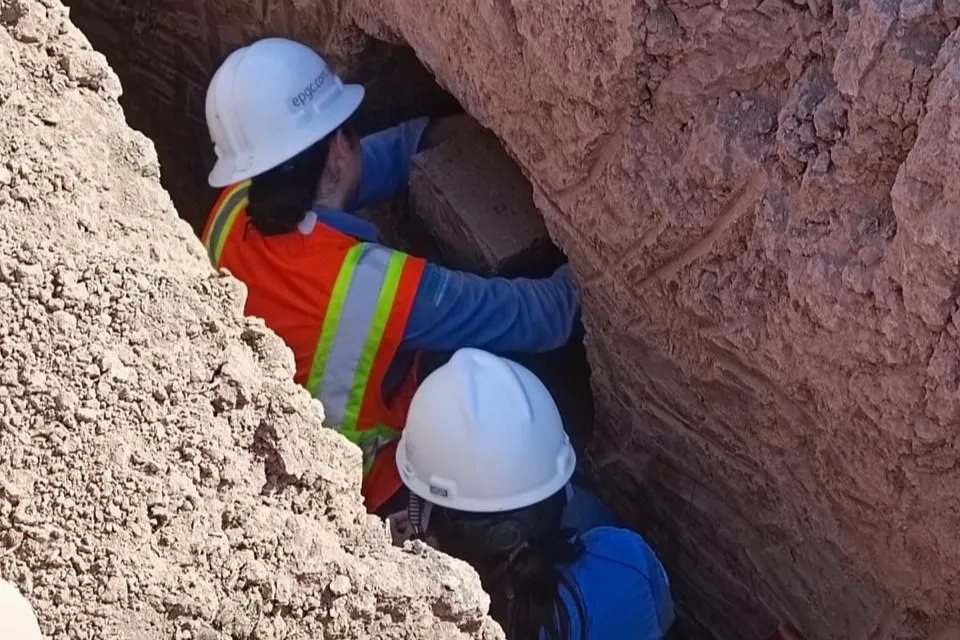
Altered and Unaltered Sampling in Drillings
We perform Standard Penetration Tests (SPT) and modified and unmodified samplings in boreholes according to ASTM standards. These samples provide accurate data for cohesive and frictional soil analysis.
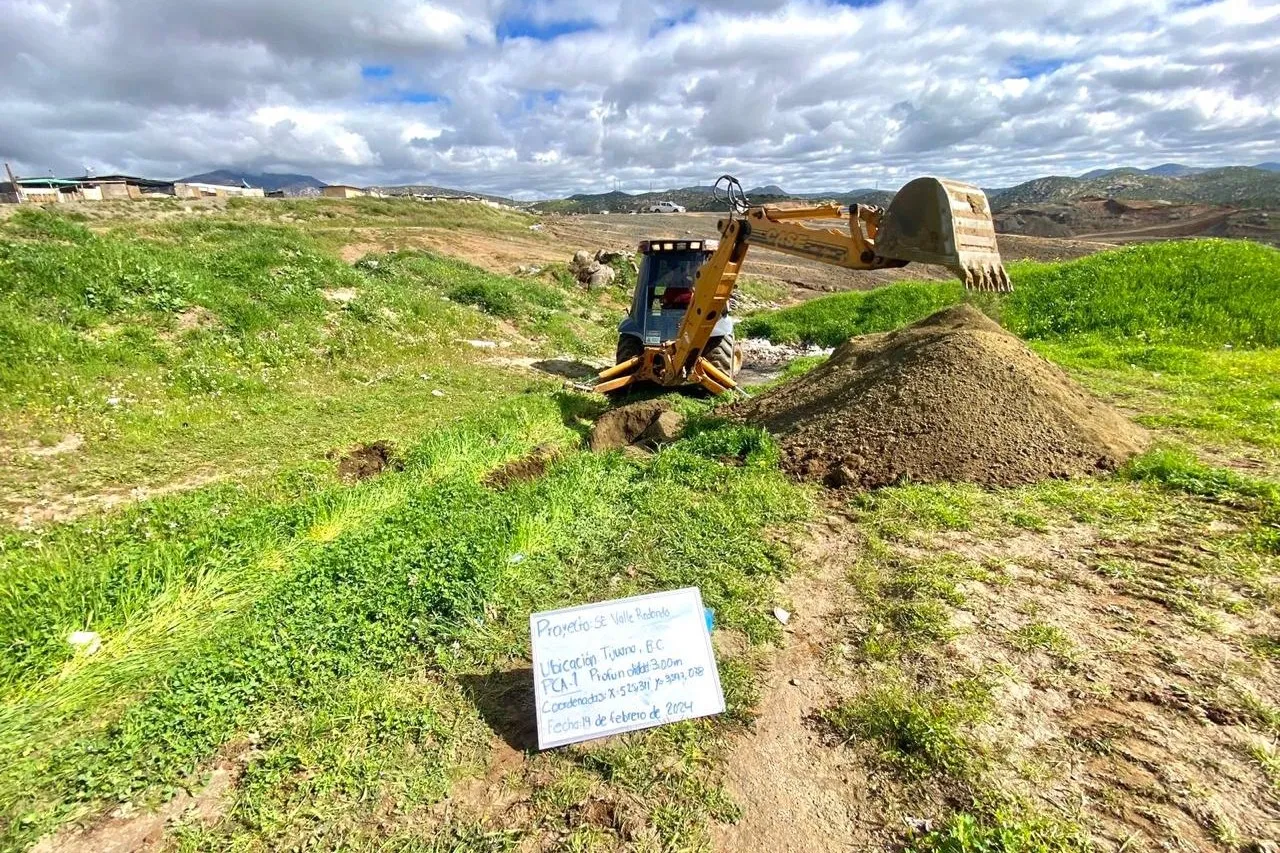
Open Pit or Test Pit (PCA)
We excavate open pits to study soil horizons in their natural state and collect complete samples for laboratory analysis. We follow the NMX-C-430-ONNCCE-2002 standard to ensure accuracy.
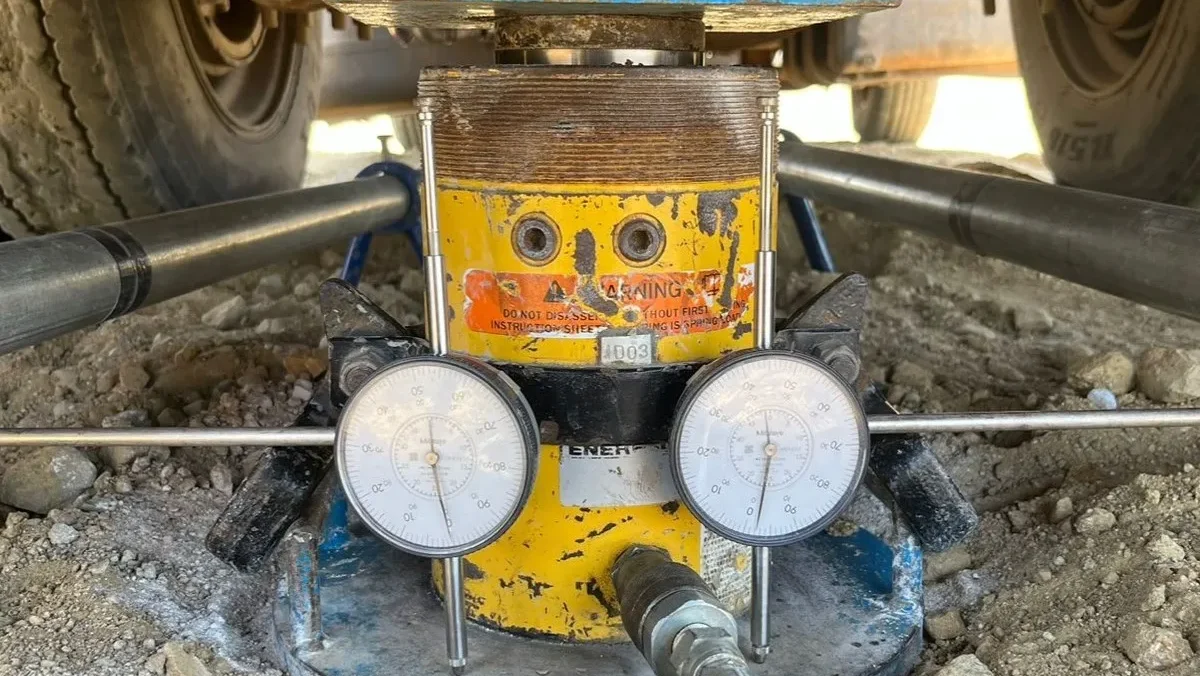
Plate Load Test
We perform load testing of soils and pavements for airport and highway design following ASTM D1195-93. These tests ensure that the soils can support the anticipated loads.
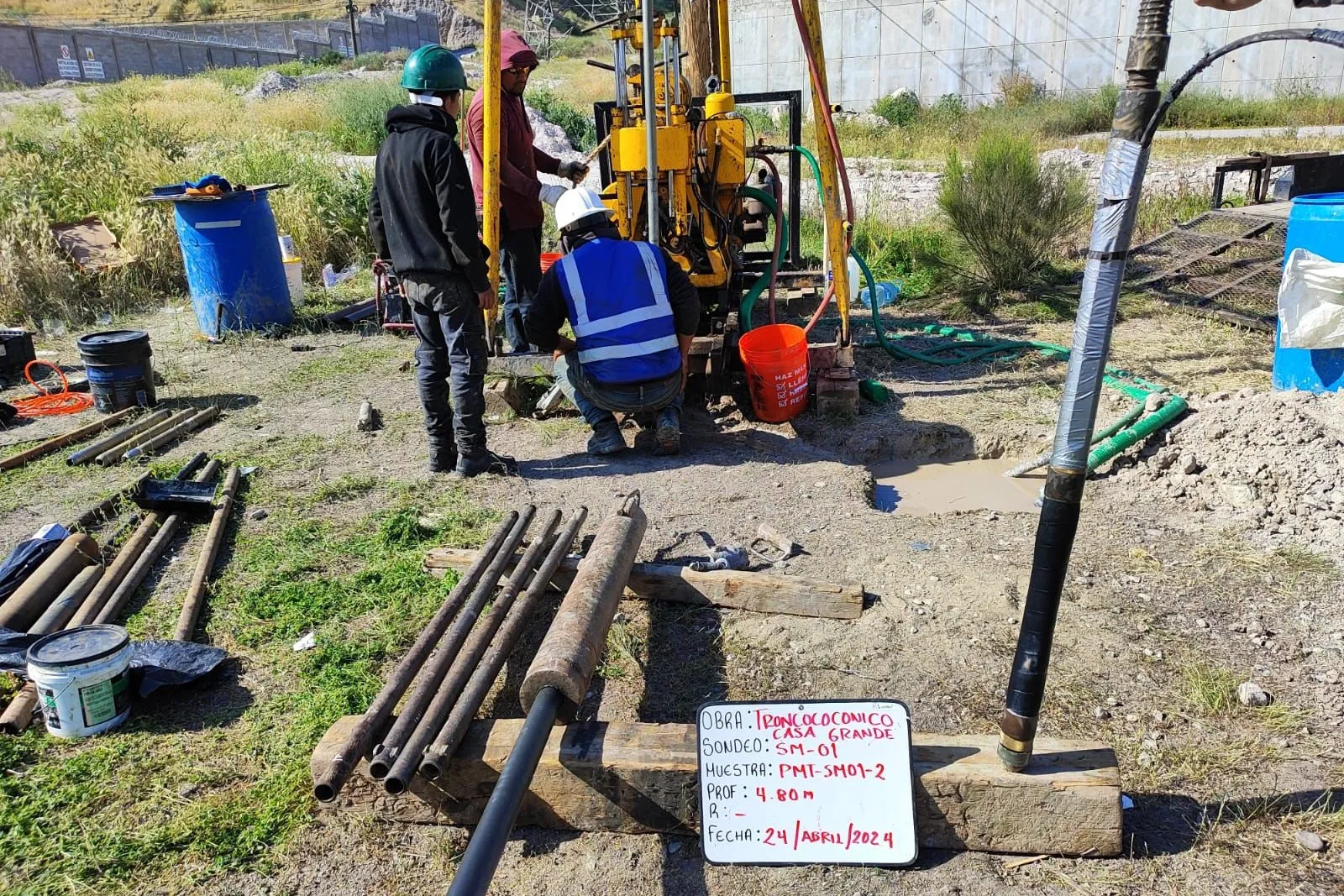
Menard Pressuremeter Test for Soil and Rock
This in-situ test measures the stress-strain response and provides parameters for deformability and resistance. We perform these tests using specialized equipment following NF P 94-110-1.
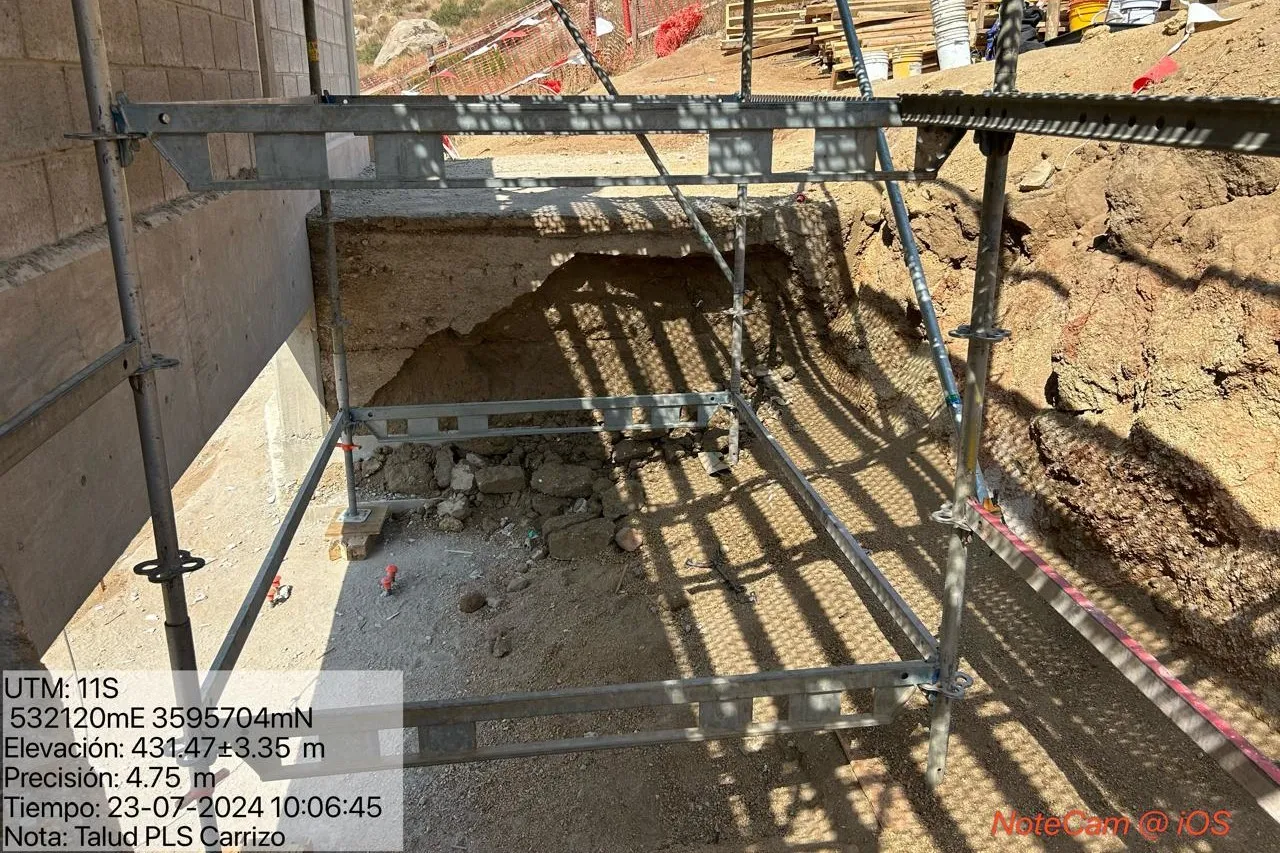
Slope and Natural Hillside Stability
Through field and laboratory evaluations, we design safe and stable slopes and provide customized solutions for embankments and retaining structures.
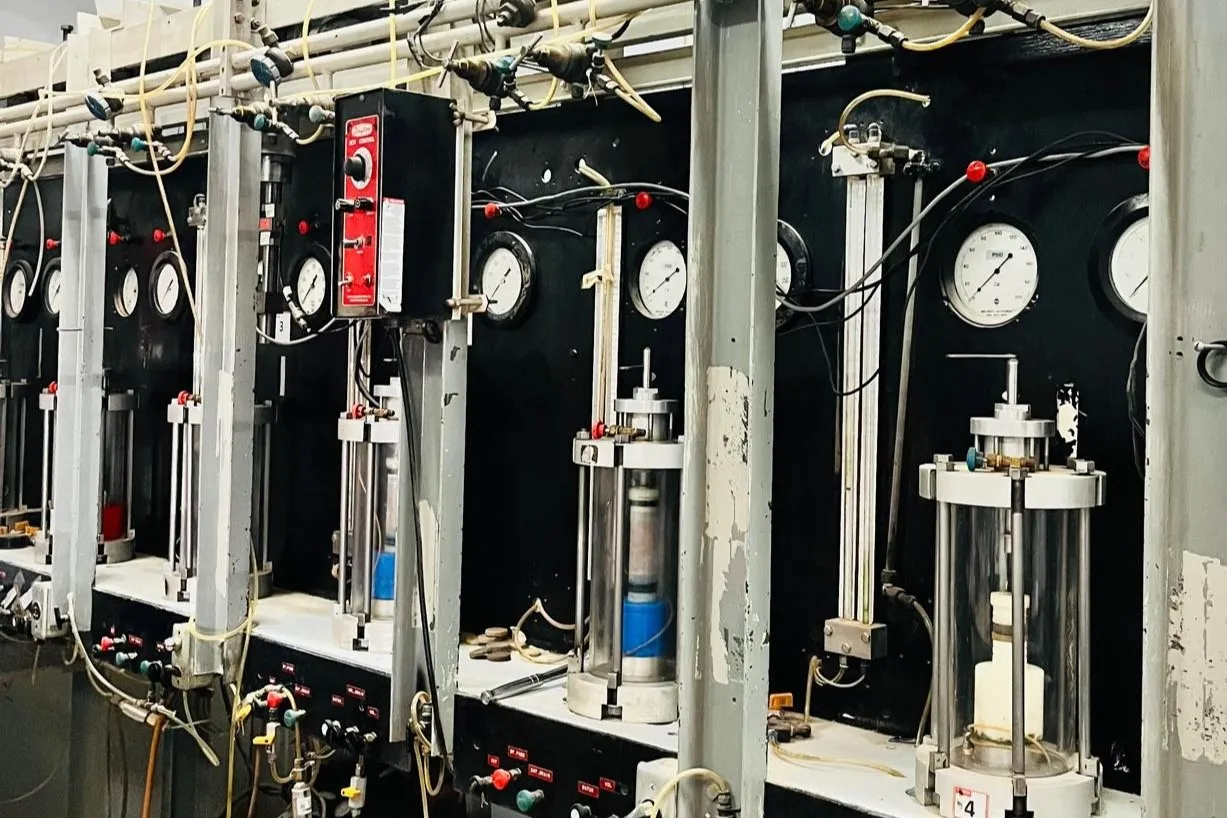
Tests to Determine Resistance Parameters
We perform compaction and triaxial tests (ASTM D2166, D2850, D4767, D7181) on recovered samples, providing essential parameters for the design of infrastructure projects.
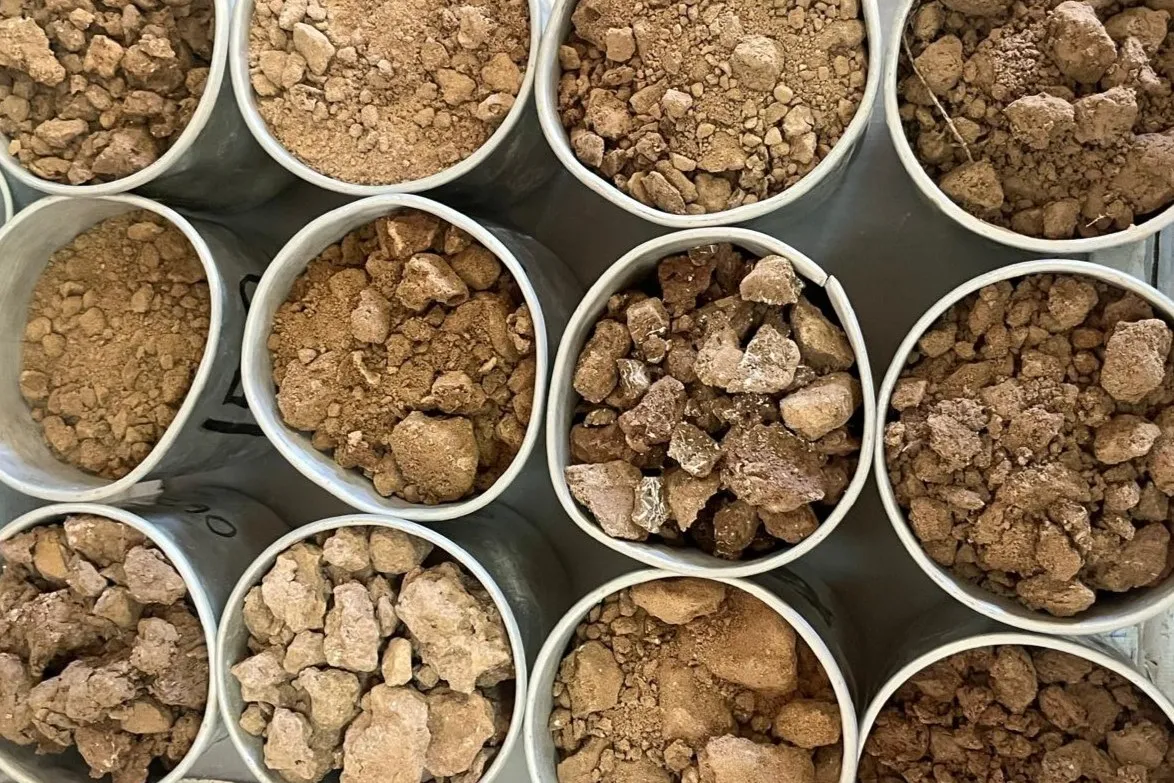
Laboratory Tests on Altered Samples for SUCS Classification
Our laboratory is equipped with high-precision instruments for water content, grain size analysis, and more, following standards such as ASTM D4959 and ASTM D2487. These tests determine soil classification and ensure the accuracy of the analysis.
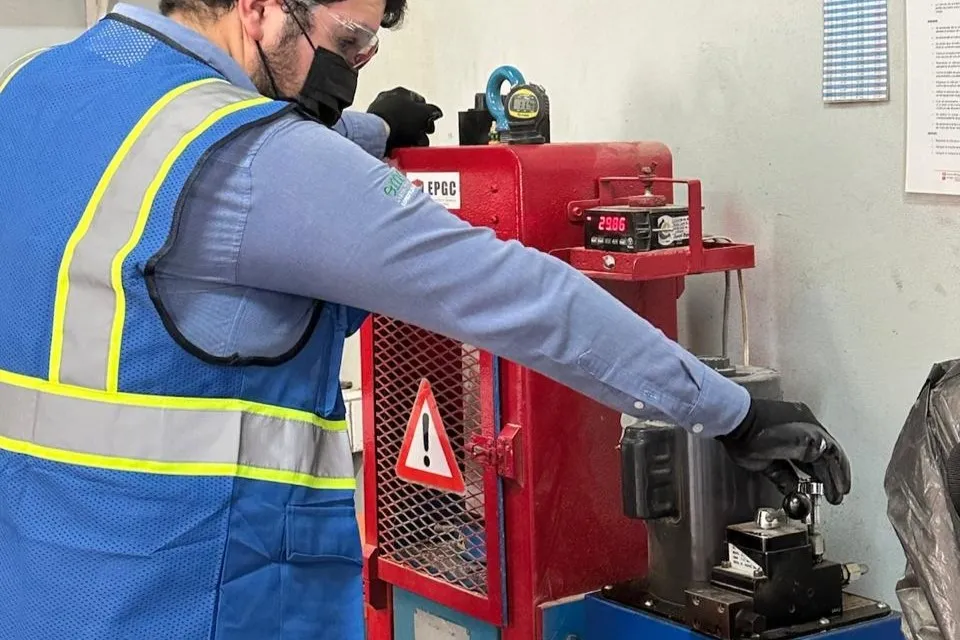
Rock Testing
We classify rock quality (RQD) and perform mechanical tests such as uniaxial compression and point load tests (ASTM D7012, D5731), providing essential information on the strength and stability of rocky terrain.
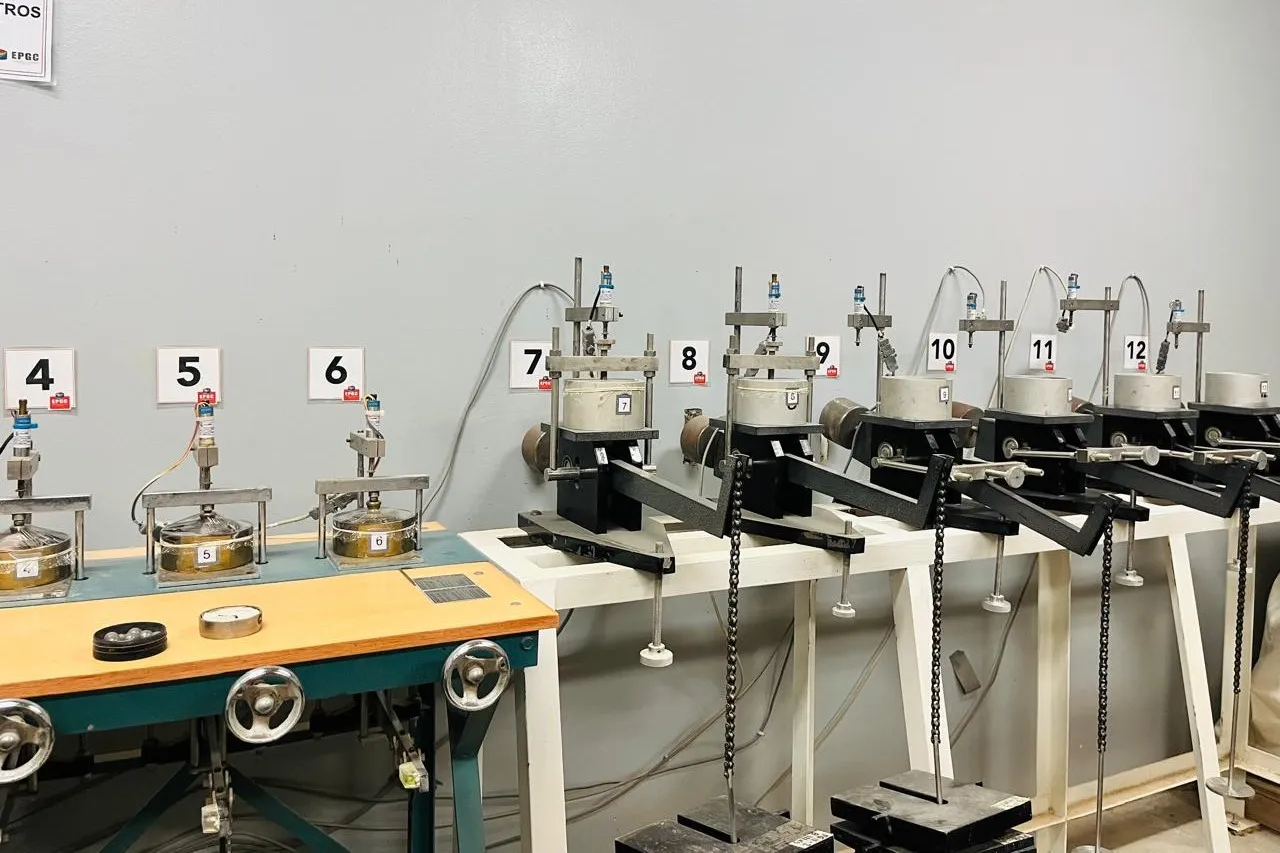
Oedometer Tests
We obtain mechanical deformation parameters through one-dimensional consolidation tests (ASTM D2435) and specific tests for expansive and collapsible soils (ASTM D4546, D5333). These tests help evaluate the stability of soils under load.

